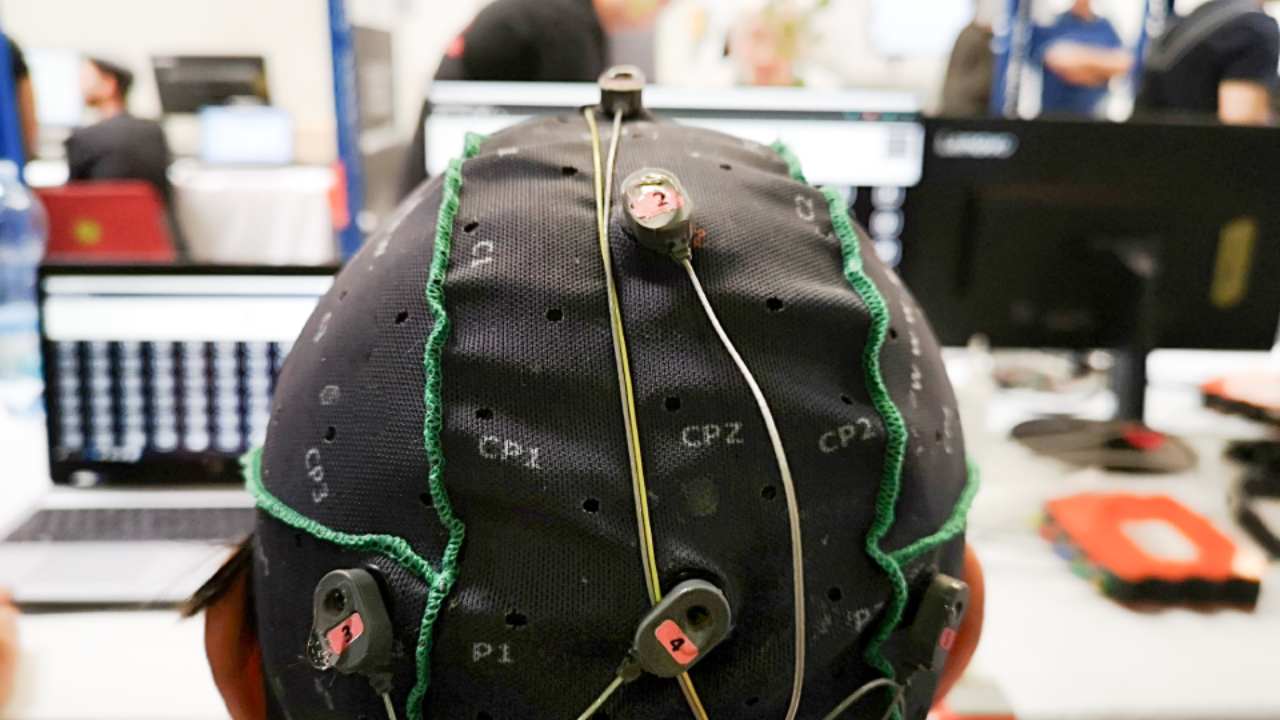
If you’re reading this, chances are you’ve already done so much for a family member dealing with dementia or Alzheimer’s. The emotional rollercoaster, the late-night care sessions, and the small victories in between. But while it’s easy to get lost in the day-to-day demands of caregiving, it’s important to think beyond today. Eventually, there may come a time when your support isn’t needed as much, and that’s when you’ll want to consider how to leverage the skills, experiences, knowledge, and passion you’ve developed on your caregiving journey to help others like you through advocacy work.
The good news? You don’t have to stop caring just because your caregiving load lightens. In fact, your unique point of view can fuel meaningful advocacy work that helps others and sparks broader change in dementia and Alzheimer’s care and awareness. Below, we will explore how you can turn your caregiving experience into dementia advocacy work to help others.
1. Reflect on Your Caregiving Journey and Skills
Before diving into advocacy, take a moment to reflect on your caregiving journey. A journal can be helpful at this point. What have you learned about yourself, your relative, the healthcare system, and the experience as a whole? Perhaps you’ve discovered how to navigate complex medical issues, communicate effectively with doctors, translate for a family member, or work through difficult emotions. These are skills that can translate into advocacy work, where you’ll need to communicate with policymakers, healthcare providers, and other caregivers. Understanding your unique strengths will help you figure out how you can make the biggest impact.
2. Learn About the Bigger Picture
Advocacy isn’t just about sharing personal stories (though that’s important too). It’s about understanding the larger issues at play and being able to communicate them clearly to others in a way that sparks action. Take some time to learn about the key issues affecting the dementia and Alzheimer’s communities. Are there gaps in care? What policies need to be changed? Is there a product or innovation that would have helped your experience? How did current treatments and support systems measure up to your family’s needs? Becoming knowledgeable about these topics will make you a stronger advocate and give you the confidence to speak out about what matters.
3. Connect with Others Who Get It
One of the best parts about becoming an advocate is connecting with others who share your passion. Whether it’s joining a local caregiver support group, attending a virtual advocacy training, or following advocacy organizations on social media, you’ll find there are many people who understand your journey. Building a network will give you the emotional support you need and provide opportunities to collaborate with others on campaigns, events, or projects aimed at improving dementia care.
4. Share Your Caregiving Journey (Strategically)
Your caregiving experience is powerful, and it can be a compelling way to inspire change. But to take your story to the next level, try to weave it into broader conversations about healthcare policy, access to care, or resources for caregivers. Your personal story can help humanize the statistics and create a connection that drives action. You could share your journey through blog posts, social media, public speaking, or even by becoming a spokesperson for organizations advocating for dementia and Alzheimer’s care.
5. Get Involved with Dementia Advocacy Organizations
There are countless organizations dedicated to improving care for those living with dementia and Alzheimer’s. Many of these groups welcome young caregivers who want to contribute their unique perspective to the cause. Whether it’s volunteering for an event, helping with outreach, or participating in advocacy campaigns, these organizations are a great way to get involved and make your voice heard.
Look for local dementia care advocacy organizations or grassroots initiatives in your area. You might even find opportunities to participate in research studies, public policy initiatives, or fundraising efforts. The key is to start small, learn, and grow your involvement over time while honing in on the areas where you can make the biggest impact.
6. Advocate for Dementia Care Policy Change
If you’re ready to take your advocacy to the next level, consider diving into policy change. Research local, provincial, and federal legislation related to dementia care, and find out what areas need improvement. Many young caregivers are using their voices to push for better funding for dementia research, more caregiver support, and improved healthcare services. You don’t need to be a policy expert to get involved—starting by reaching out to your elected officials and sharing your personal experiences can go a long way in raising awareness and driving change.
7. Start a Blog or Social Media Campaign
If you’ve got a passion for writing or social media, consider starting a blog or campaign to raise awareness about dementia and Alzheimer’s caregiving. Share tips, personal stories, and advocacy ideas to help others who are going through the same thing. Your platform can serve as both a support network for fellow caregivers and a resource for those looking to learn more about dementia care. The internet is a powerful tool, and using it to amplify your voice can make a huge difference. Once you start using relevant hashtags, you might be surprised how easily people discover your content.
8. Take Care of Yourself Along the Way
While it’s incredible to advocate for a cause that’s close to your heart, don’t forget to take care of yourself. Advocacy work can be emotionally draining, so make sure you’re finding ways to recharge and prioritize your well-being. Set boundaries, practice self-care, and lean on your support system. Remember, you can’t help others effectively if you’re not in a healthy place yourself.
Conclusion: Transforming Your Dementia Caregiving Experience into Advocacy
From caregiving to advocacy, your journey as a young caregiver has the power to take a challenging experience and inspire real change. The skills, empathy, and resilience you’ve developed are invaluable tools in advocating for better dementia care for future generations. As you step into advocacy, don’t forget to look ahead—what kind of future do you want to help create for other caregivers and families affected by dementia? Use your passion to drive positive change, and know that the work you do now will continue to make a lasting impact in the years to come.
You’ve got the heart, the experience, and the drive—now it’s time to turn your caregiving experience into dementia advocacy work that helps others and creates a better future for dementia care.
Related Articles: Young Caregivers, Care









